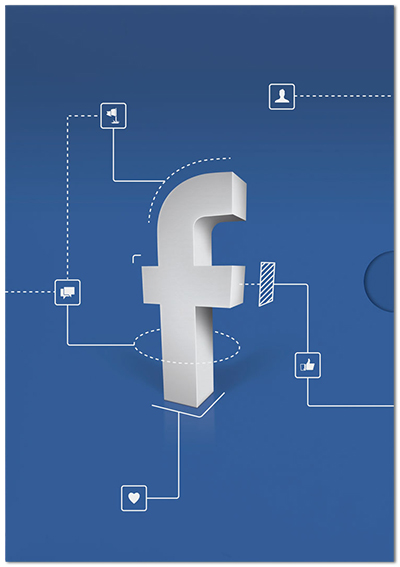 According to Franklin Foer writing in the Atlantic, Mark Zuckerberg moved fast and broke stuff. Lots of stuff. And now, the media actually owes him a debt of gratitude for finally forcing news media to confront their demons.
According to Franklin Foer writing in the Atlantic, Mark Zuckerberg moved fast and broke stuff. Lots of stuff. And now, the media actually owes him a debt of gratitude for finally forcing news media to confront their demons.
“He broke journalism, by radically deflating the value of the digital advertising on which the livelihood of media now depends; he broke the reading habits of his users, the lab rats in his grand experiment, by constantly manipulating them and feeding them an endless stream of dreck to jack up their “engagement” with his site; and in a way, he broke American democracy, by sitting on his hands as a foreign adversary exploited his platform and by creating the world’s most efficient vehicle for spreading political lies and agitprop,” Foer writes. “Now, with the announcement that he’s largely stripping the News Feed of news, he’s breaking his own site, too.”
The announcement Foer refers to came down in January, when Facebook announced it would de-emphasize news in the News Feed. It’s not the first time they’ve tightened the lid on publisher content – but this time it goes beyond forcing publishers into a pay-to-be-seen situation.
To Foer, this sounds like an admission of defeat. The genie is out of the bottle, and while Facebook still likes to describe itself as a “tool” for “connecting the world,” the reality is that the sniff test fails when it comes to Facebook’s neutrality and humanitarian posturing.
For the world at large, this is a good thing.
“Fake news is a genuine scourge, so it made sense for Facebook to substantively address it. But there was an obvious danger in Facebook imitating a traditional media company. By design, Facebook published the opinions of its users,” Foer explains. “And it’s uncomfortable to make objective judgments about opinion. No Facebook user wants to believe that they are sharing fake news. And presumably Facebook has no interest in telling its loyal users that their political preferences are founded in lies and garbage assumptions.”
Yet media has become overly reliant on Facebook, Foer continues, and they will feel the pain.
“When Facebook asked media to create Instant Articles, it submitted. When Facebook encouraged media to throw resources behind the production of short videos, media obeyed and shuffled precious editorial dollars into the pursuit. And now after monkeying with media, after exploiting media’s abject reliance on it, Facebook has essentially told media to kiss off. By downgrading journalism in his News Feed, Zuckerberg is choking off a stream of traffic, and, therefore, choking off a stream of revenue.”
In the end, though, I agree with Foer when he says that the media will “feel the sting, but it’s for the best.”
Just like journalists should thank Facebook for the fake news fiasco, news publishers should be grateful they are off the hook of the digital ad duopoly.
“Facebook has just done media the biggest favor of them all. It has forced media to face the fact that digital advertising and ever-growing web traffic will never sustain the industry, especially if that traffic comes from monopolies like Facebook hoping to claim the entirety of digital-advertising dollars for themselves,” Foer concludes. “Media can’t deny this, but it doesn’t want to sustain the pain and heartbreak that comes with transition; and it’s reluctant to let go of the notion that it might exploit Facebook to achieve global scale. Now, Zuckerberg has broken that too—and freed media from a delusion that it should have discarded long ago.”
Welcome to the post-Facebook world for publishers. It’s gonna get interesting.
